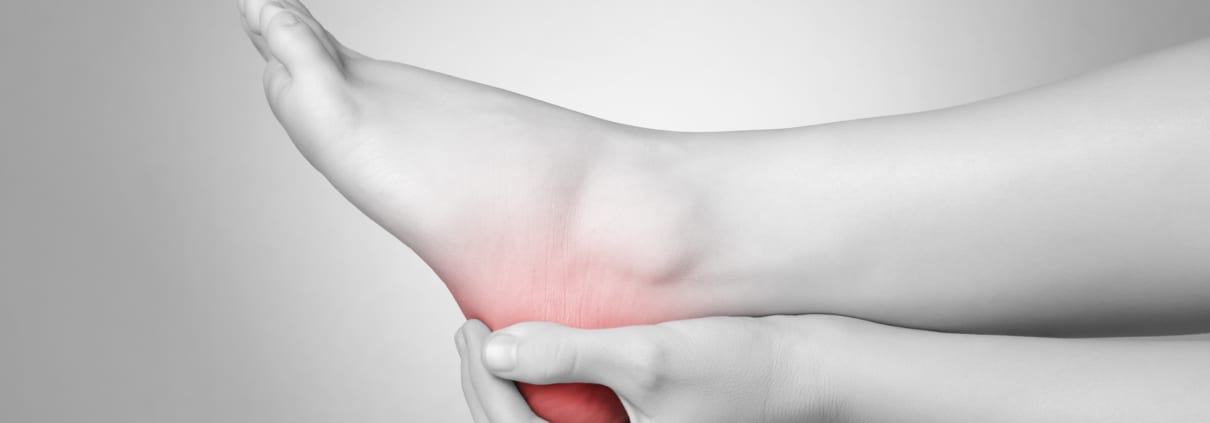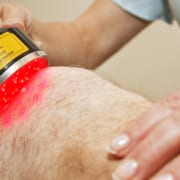Plantar Fasciitis – Causes and Prevention
In clinic I seem to be asked more frequently than before about Plantar fasciitis, and anecdotally I have heard people speaking about the number of friends/colleagues of theirs who suffer from it.
What is Plantar Fasciitis?
![AdobeStock_54976863 [Converted]](https://www.robinkiashek.co.uk/wp-content/uploads/2018/12/AdobeStock_54976863-Converted-300x300.jpg) It is actually a very common reason a person will suffer from pain in their heel and is caused by an inflamed or swollen plantar fascia (which is the fascia connecting your heel bone to your toes and supports your foot arch). This condition can cause immense pain when you stand-up or put pressure on it which is caused by a build-up of calcification at the point where the fascia meets the heel bone.
It is actually a very common reason a person will suffer from pain in their heel and is caused by an inflamed or swollen plantar fascia (which is the fascia connecting your heel bone to your toes and supports your foot arch). This condition can cause immense pain when you stand-up or put pressure on it which is caused by a build-up of calcification at the point where the fascia meets the heel bone.
What Triggers Plantar Fasciitis?
Just some of the triggers for Plantar fasciitis include:
- Excessive running or walking on hard surfaces
- High arches
- Wearing ill-fitting shoes
- Having either high arches or being flat-footed
- Carrying extra weight
Most people find that the symptoms and pain are most prevalent when they stand up after sitting for a long time or when the first get out of bed in the morning. Many of my patients would say their symptoms get less painful throughout the day however this isn’t exclusively the case and some patients say that the sharp stabbing pain and stiffness ease but their foot actually takes on more of a dull ache as the day goes on.
Prevention of Plantar Fasciitis
So, you may ask me, how can it be prevented?
- Make sure if you’re a jogger/runner that you have well-fitting shoes, I’d recommend going to a specialist running shoe shop
- If, on the opposite end of the spectrum, you have a sedentary lifestyle and don’t get much exercise start trying to get even twenty to thirty minutes per day of exercise, starting with walking or something gentle
- If you are overweight try slowly and steadily lose some weight
- If you’re on your feet all day or have a job which requires you to stand make sure to wear suitable insoles or stand on a soft mat
Of course, even the best laid plans don’t always lead to a condition free life. You may do all you can to prevent Plantar fasciitis yet still end up in pain. If you come to see me at the clinic I will:
- Take a detailed case history, including Lifestyle factors which may have caused the problem Assess both feet, passively and actively (note the way you walk/heel strike)
- Assess the ‘Closed Chain’ biomechanically – the pelvis, leg and foot
- If confirmed as Plantar Fasciitis, Low Level Laser Therapy (https://www.robinkiashek.co.uk//low-level-laser-therapy-lllt/) will be used to the plantar fascia
- If relevant, a combination of Osteopathy and Western Acupuncture used to address any related biomechanical underlying issues to the Pelvis and leg
- Give the patient Lifestyle advice to aid speed of recovery and future possible relapses
For further information on Plantar Fasciitis or to book a consultation with me in either the North London or Central London (Regent Street) clinic, please call (020) 8815 097 or click here to request an appointment.








Leave a Reply
Want to join the discussion?Feel free to contribute!